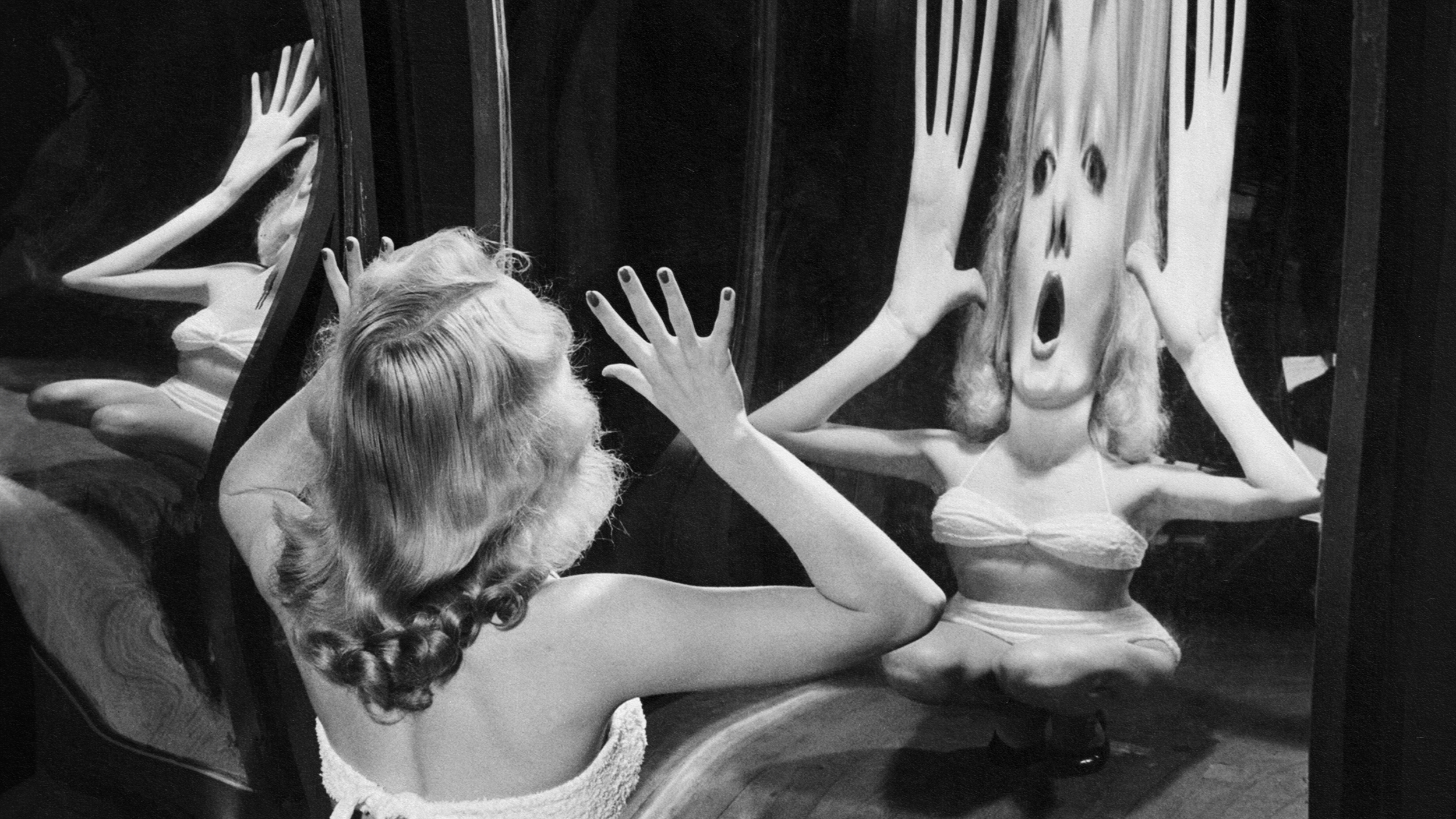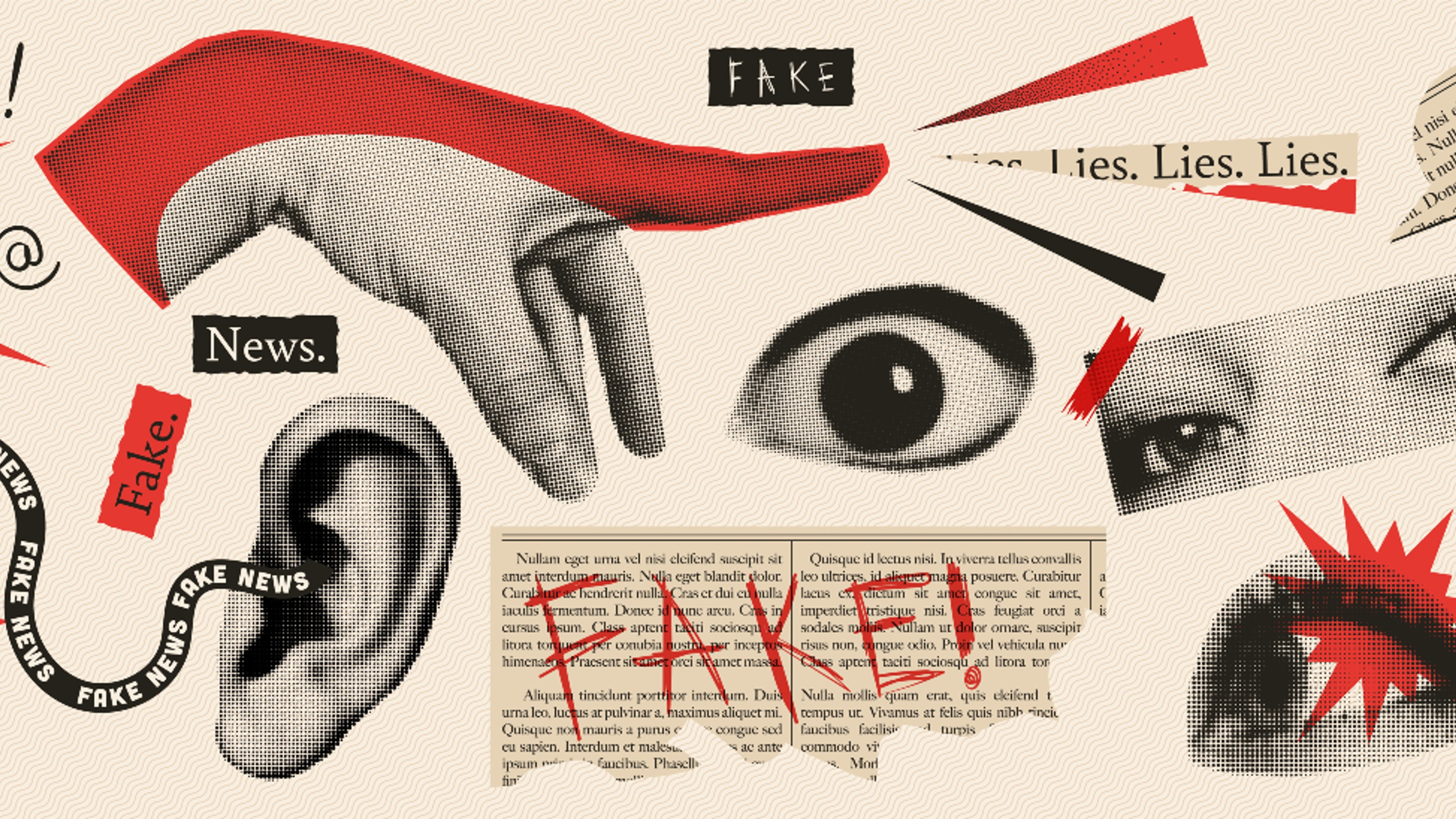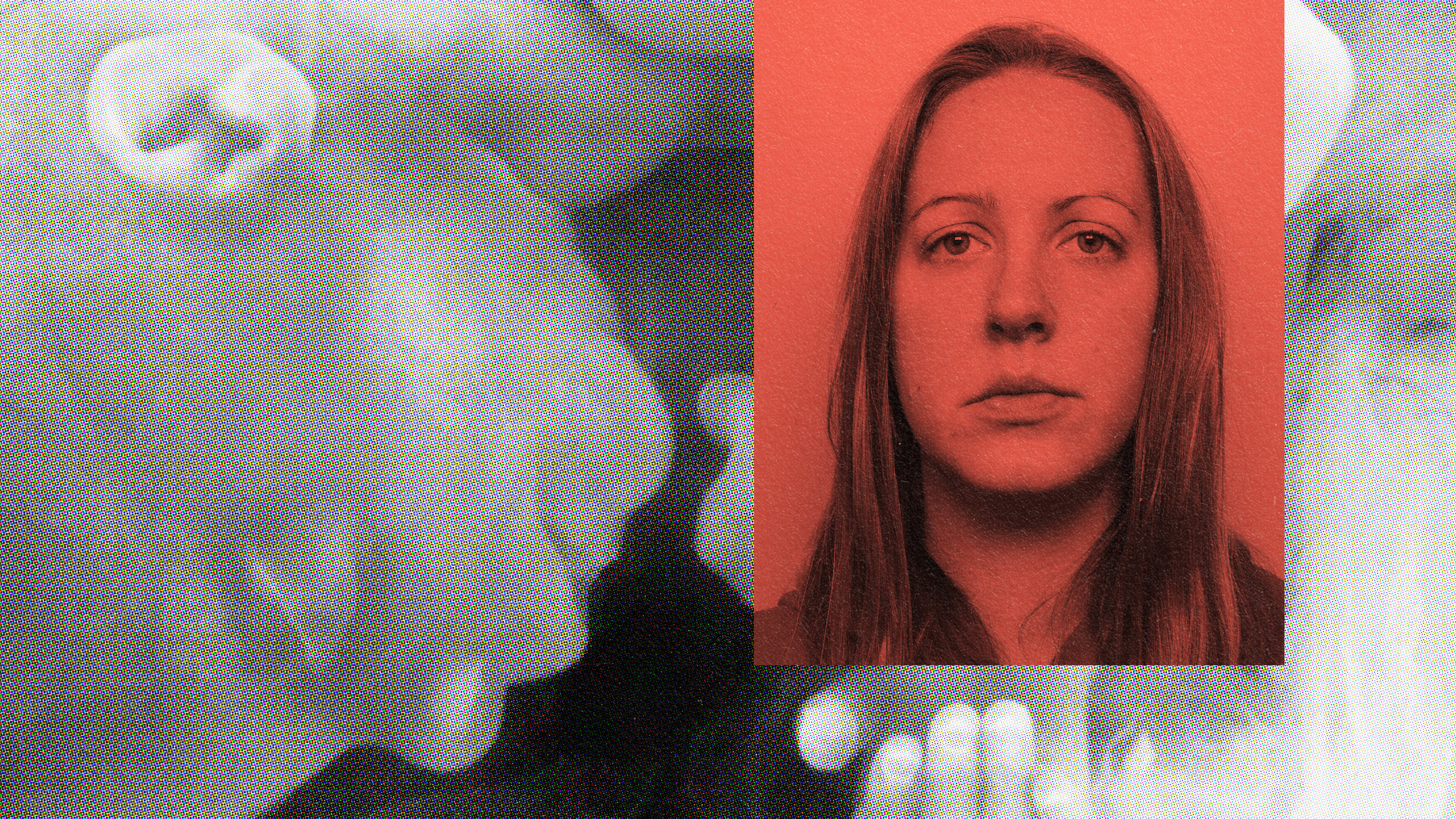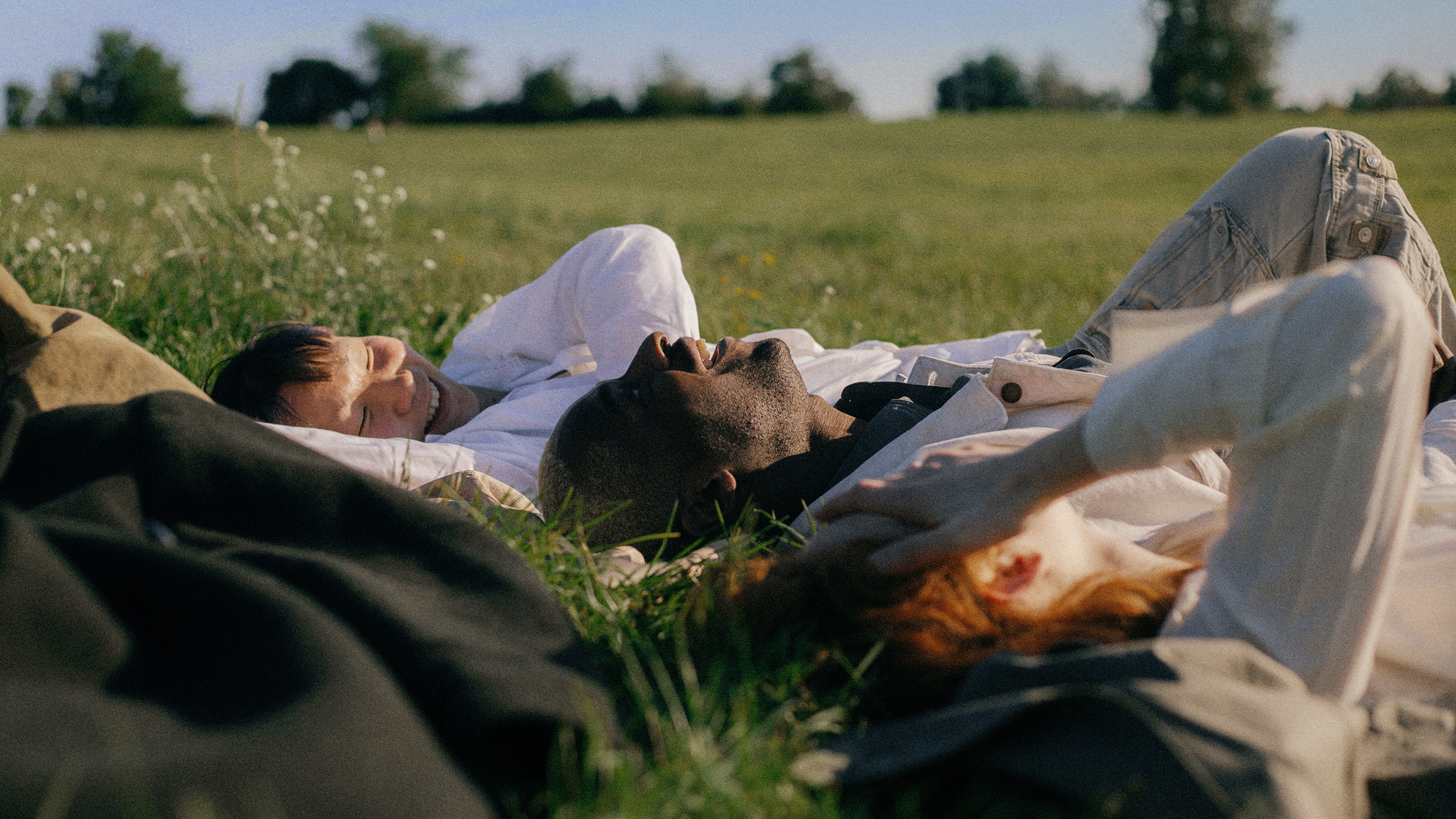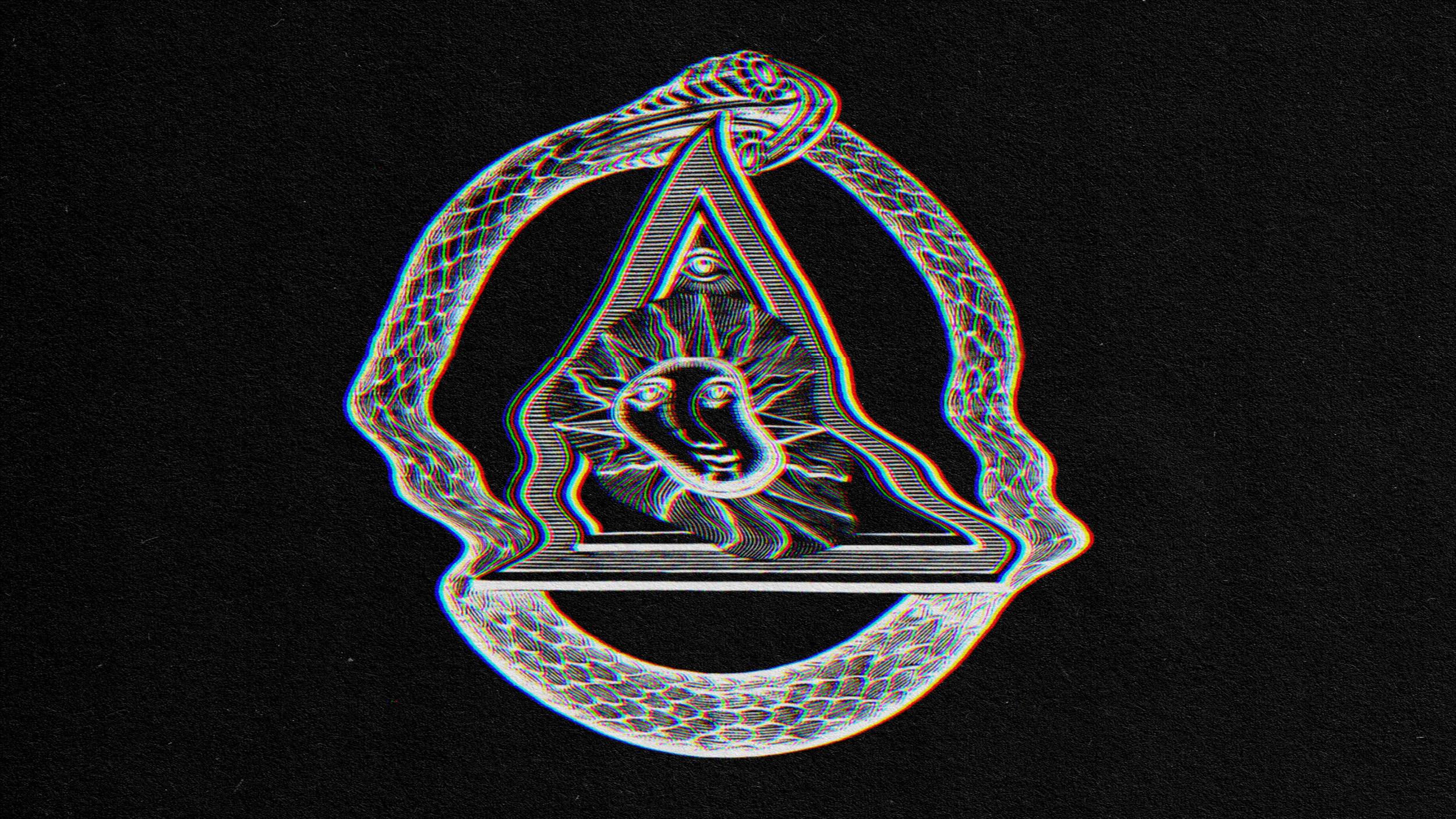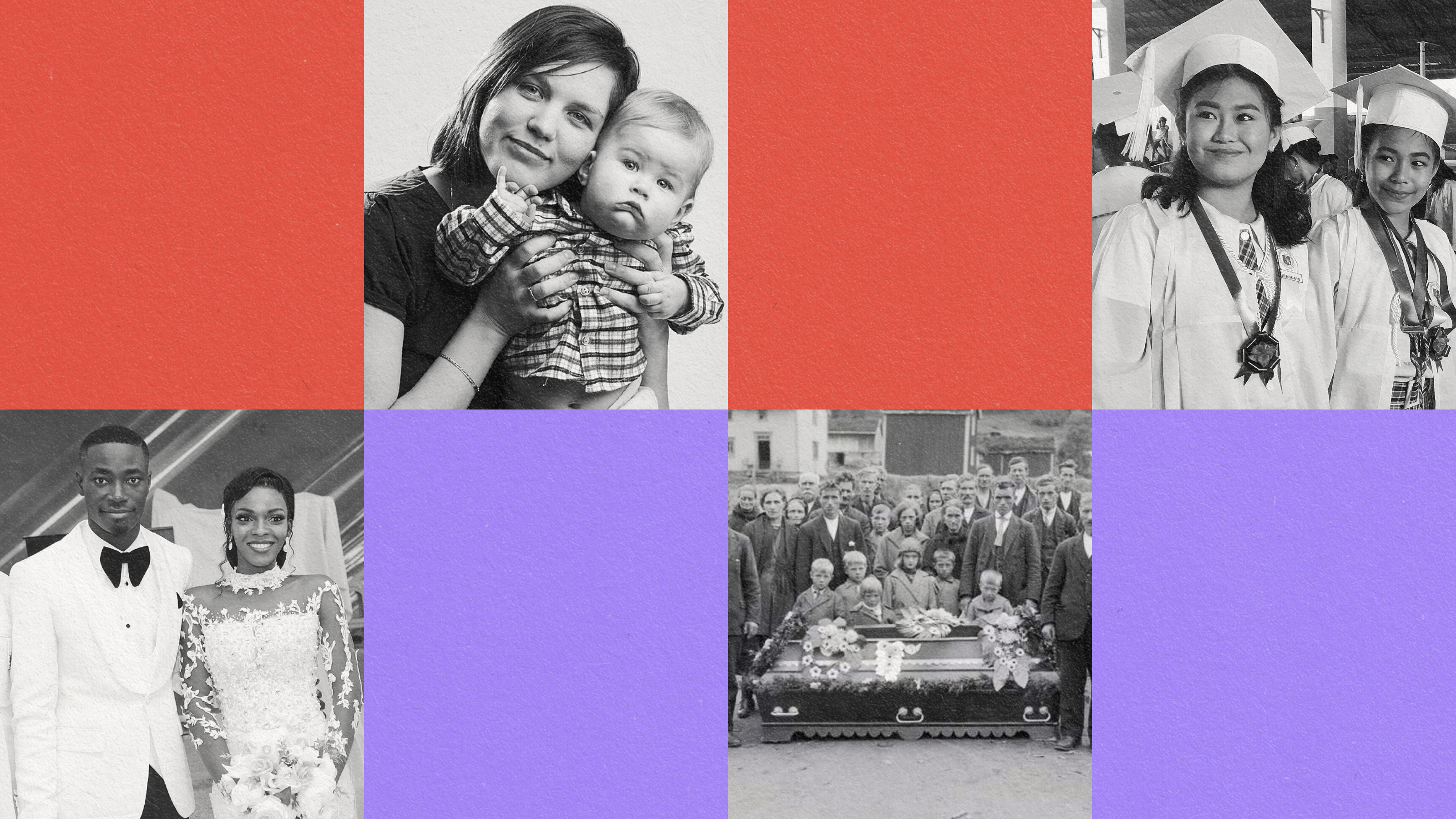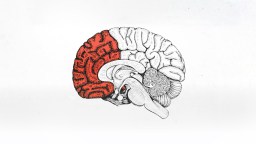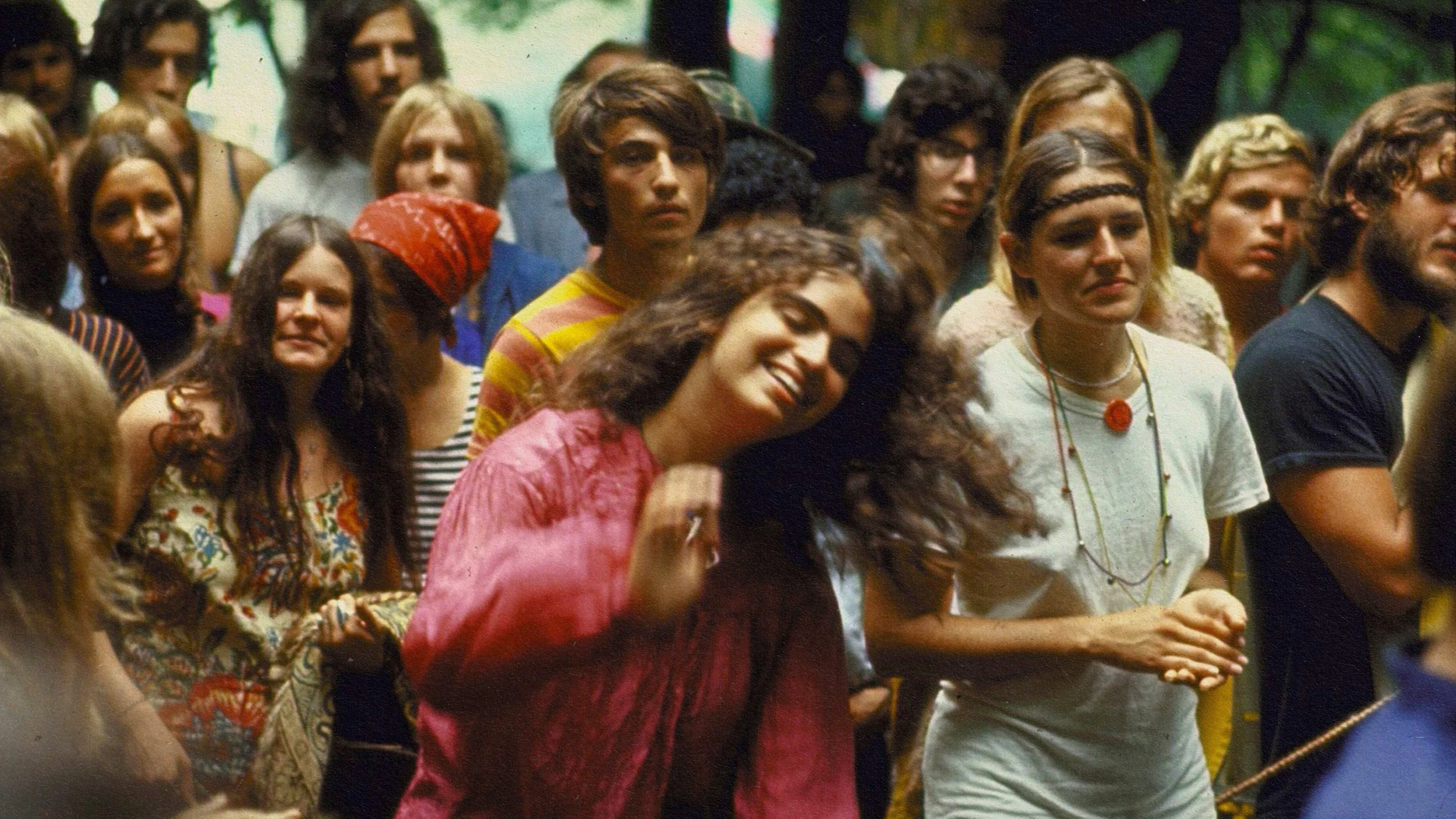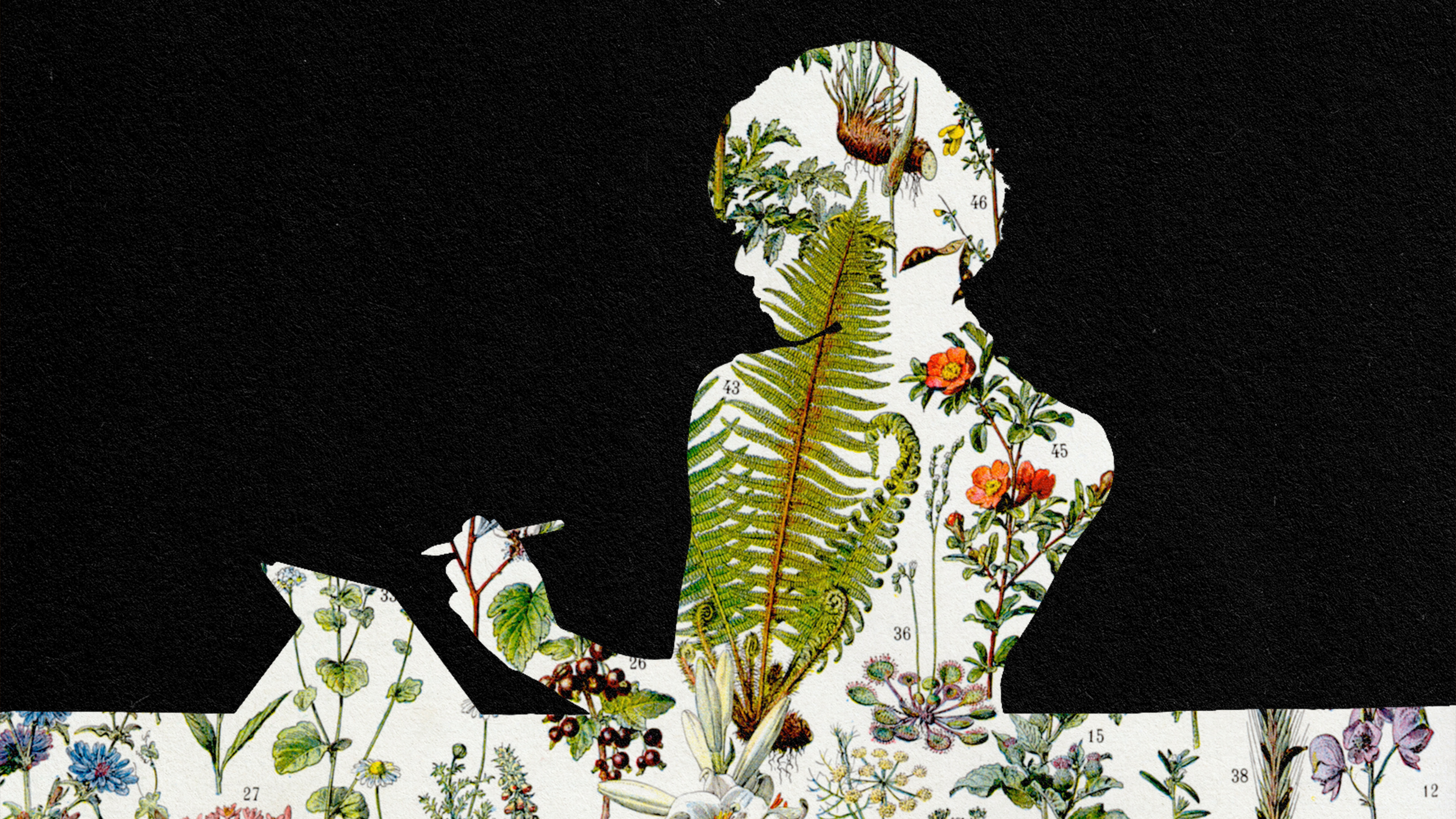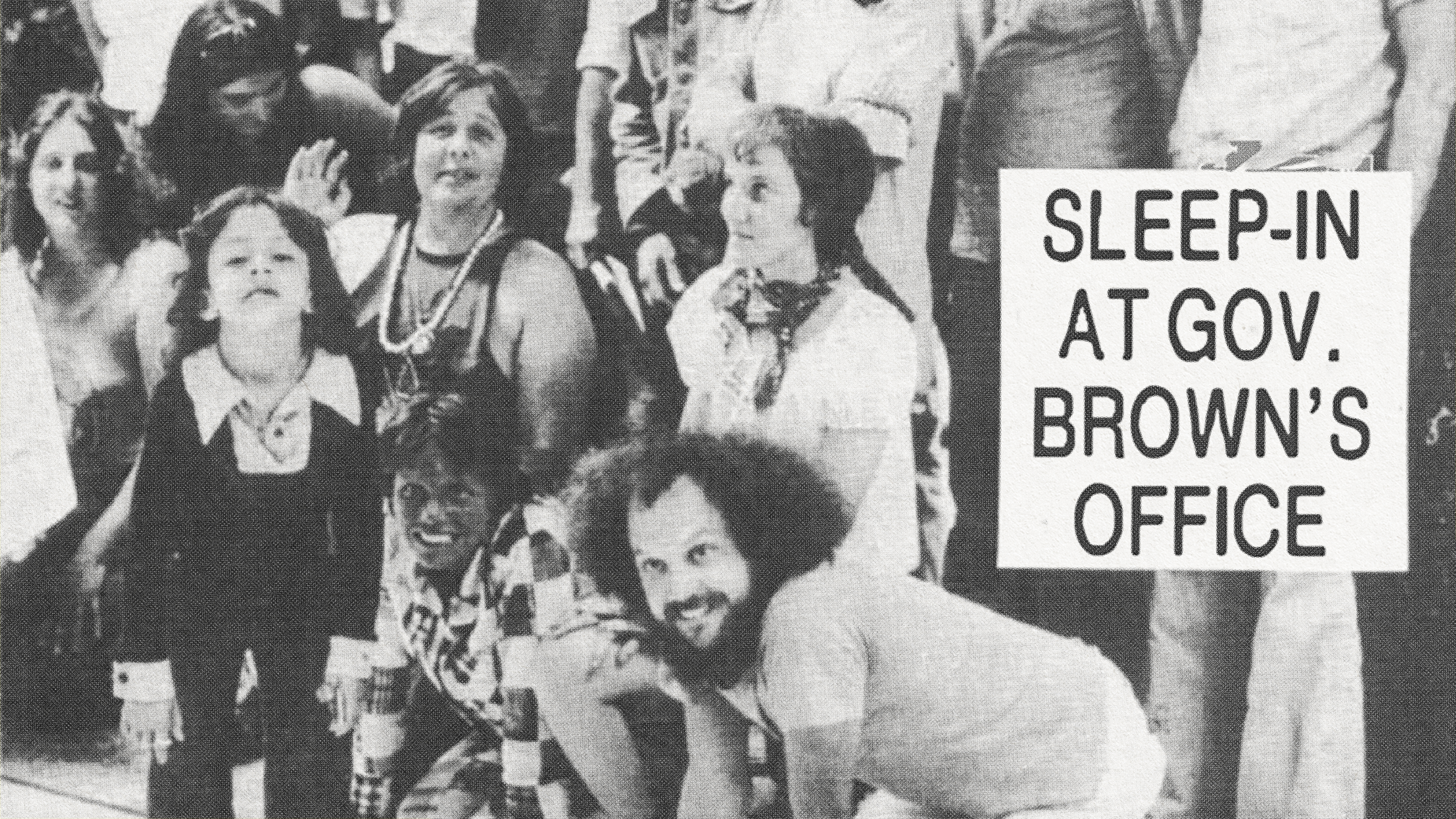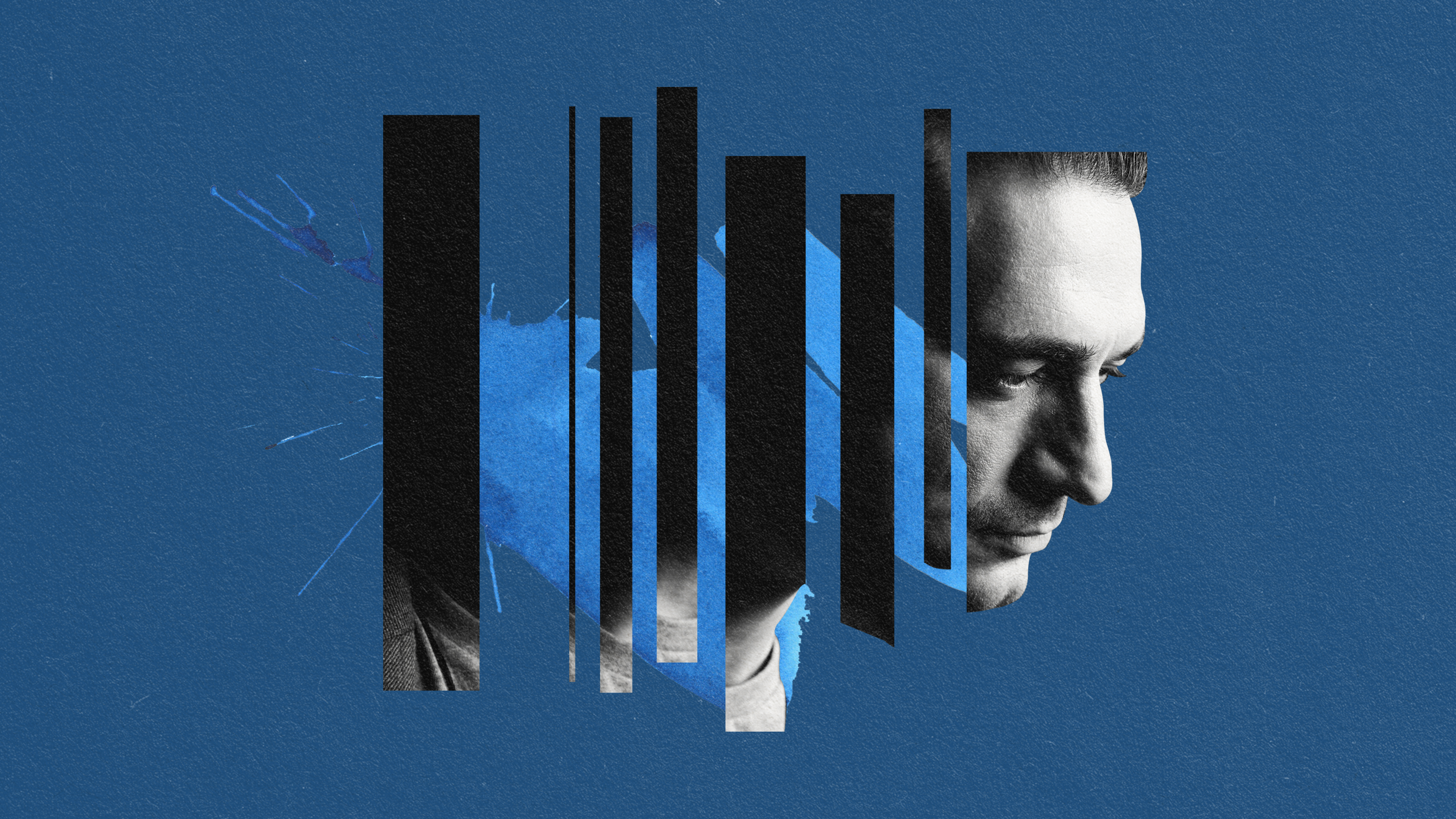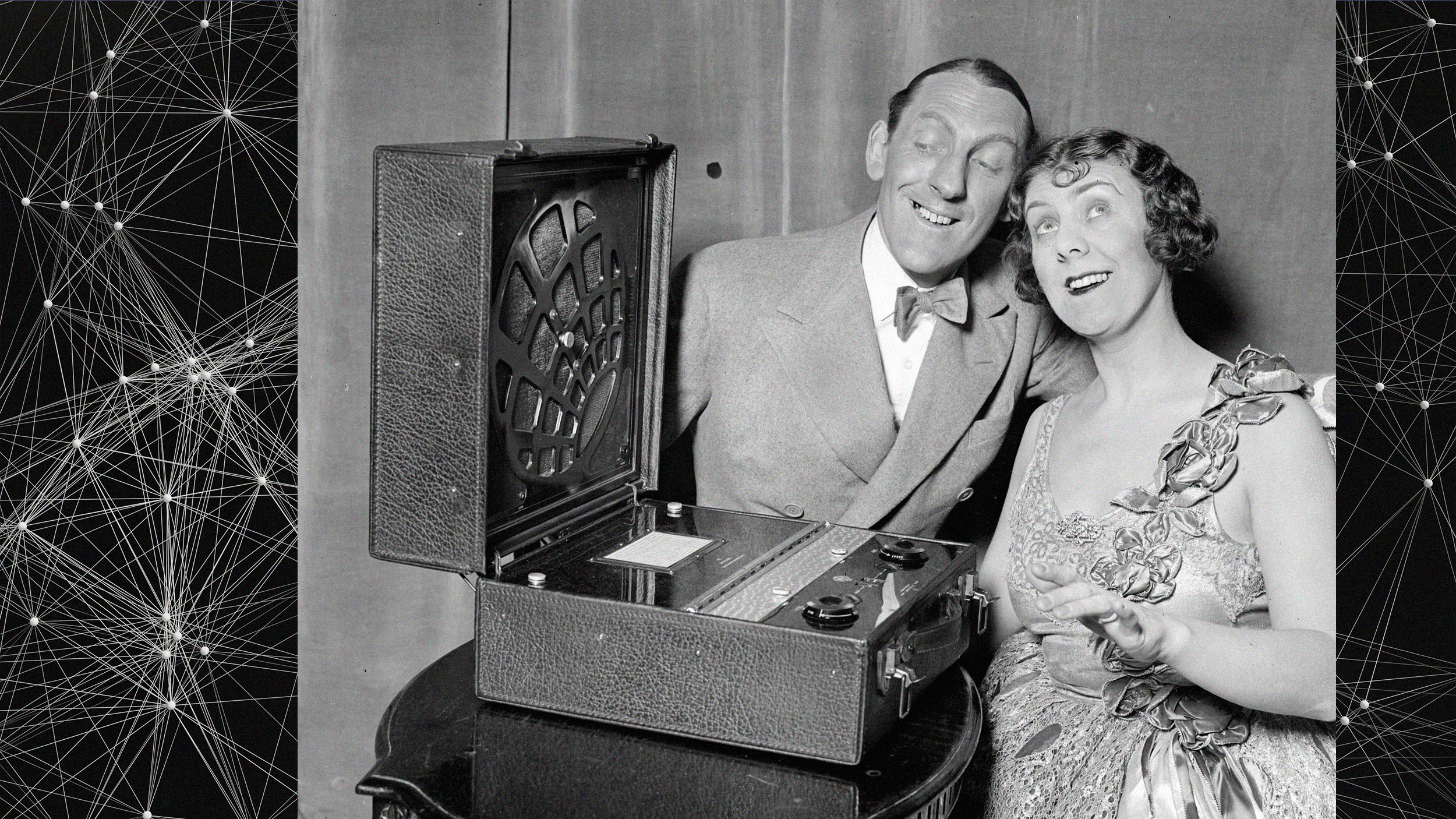psychology
In a psychedelic state, the relationship between your “narrative” and “minimal” selves seems to transform in unique ways.
Musical preferences are correlated with personality traits — and these connections are largely consistent across cultures and continents.
Individuals and organizations can maintain a strong and enduring identity by repeatedly remaking themselves.
Quality down time is important for relationships. Here are three practical suggestions to create more of it.
The mountain can generate lenticular clouds, which may contribute to its supernatural reputation.
Jung thought these autonomous entities live in your unconscious mind — often at a cost.
Is mindfulness really the panacea it’s touted to be, or are we glossing over some fundamental flaws?
Philosopher Lee McIntyre discusses the dangers of disinformation, how such falsehoods spread, and what we can do about it.
Language influences how you visually process the world, which in turn influences your memory of it.
Simple “nudges” to remind people to show up for court could help keep thousands out of jail.
There’s really only one mistake you can make: continue doing the same thing you already know is hurting you and expect a different result.
Medical psychologist Catherine Monk explains how prenatal mental care benefits both mothers and babies.
Do you really need a monstrous upbringing to make monsters?
Be more like Goldilocks.
If you see life as only a source of suffering and misery, why bring anyone else into that? This belief, called anti-natalism, is on the rise.
A few key moments are linked to significant shifts in thoughts, feelings, and behaviors.
Neuroscientist Wendy Suzuki explains why zero anxiety isn’t the goal.
▸
8 min
—
with
Listening to some songs can cause a powerful physiological response known as “frisson.” What is it, and why does it happen?
Studies on “growth mindset” interventions fail to show significant benefits.
Explore how belief shapes destiny, from Oedipus Rex to modern geopolitics.
It’s time to bring “friendship love” back.
Anger and silence are the two worst reactions.
We can no longer approach the news as passive consumers.
Are fools happy and geniuses disorganized — or is that a mistaken stereotype?
A brief look at the six-decade challenge to psychiatry.
It could explain why so many people don’t respond to common antidepressants.
Grief never ends. There is no closure, but there are things we can do to mitigate the feeling of loss.
Now that the DSM lists severe hoarding as a disorder apart from OCD, psychologists are asking what explains its prevalence.
Your heart rate reveals your brain activity, which in turn can predict hit songs — and maybe stock performance, as well.
Uncovering the ideology of “Karens” and “Kens.”
